Switzerland: a most unusual European nation
And 50 reasons why it seems to have worked out really well for the Swiss people
While my favorite nation in history is the Dutch Republic, my favorite nation today is probably Switzerland. The Swiss seem to do almost everything differently from other nations, but they always seem to come out ahead.
Switzerland is both a highly dynamic economy and a society that clings stubbornly to its own traditions. The Swiss are different, and they are proud of it.
I can respect that.
Below is a partial list of how the Swiss do their own thing and come out ahead.
Switzerland has one of the highest incomes in the world. Its per capita GDP (PPP) is higher than the United States and every other large nation in the world.
Switzerland has the highest average wealth in the world (an average of $685,226!)
Switzerland has the highest UN Human Development Index in the world.
Switzerland also has some of the lowest levels of inequality in the world. Its Gini coefficient for income equality is more egalitarian than every Scandinavian nation. And they have done it with much lower levels of government social spending.
The Swiss poverty rate (4.6%) is one of the lowest in Europe (18.6% average)
Switzerland is highly diverse linguistically, but very homogeneous racially and nationalistic.
Switzerland has four national languages (Swiss Standard German, German, French, Italian, and Romansh). Ironically, the “most common” language Swiss Standard German, is rarely spoken. Most Swiss speak their local dialect of Swiss German which varies greatly from valley to valley.
Swiss Standard German is also quite different from the Standard German spoken in Germany, and it is actually only used in writing, public media, and formal occasions.
Switzerland has a higher percentage of immigrants than just about any nation in the world, but it is very hard to get Swiss citizenship. Almost all legal immigrants are other Europeans (largely from Italy, Germany, Portugal, and France), and illegal immigration is strictly enforced.
Switzerland is the geographical size of Vermont and New Hampshire combined.
Switzerland is one of the oldest nations in the world (depending upon how you define “nation).” The Old Swiss Confederation started as part of the Holy Roman Empire, but it won its de facto independence in 1291. The tiny confederation of towns and villages remained independent until it was conquered by the French Republic in 1798.
In 1815 the Swiss Confederation was restored by the Swiss people, and their independence was recognized by the European Great Powers in the Concert of Vienna. So the Swiss Confederation can legitimately claim to be more than 730 years old. Very few nations can legitimately claim a longer duration.The Old Swiss Confederation is one of the few successful peasant revolts in world history. Virtually every other peasant revolt in the world was either immediately crushed by their lords or was co-opted by their leaders over time. The Swiss Confederation to this day clings to its tradition of being a fiercely independent peasant Republic.
For centuries before it industrialized in the late 19th Century, Switzerland was an example of a Free Peasant society, a very rare type of society.
While most of Europe was dominated by emperors, kings, dukes, and lords, the Old Swiss Confederation was a Republic. For much of the time since 1291, it was one of the few Republics in the world.
The arch-rival of the Swiss Confederacy was the Habsburg dynasty, the dominant power of its era. Tiny Switzerland repeatedly came out on top in direct military confrontations.
The political independence of Switzerland also made it easier for the Northern Italians to assert their independence from the Holy Roman Empire during the same time period. So the Swiss indirectly enabled the rise of Commercial societies in Northern Italy.
The Swiss also played a key role in destroying the Duchy of Burgundy, which was another rival power that emerged between what is now France and Germany. The possible survival of the Burgundians into modern times is one of the great “What Ifs” in European history.
The destruction of the Duchy of Burgundy in the Battle of Nancy by Swiss pikemen paved the way for the emergence of Commercial societies in Flanders and the Netherlands.
Since 1516 Switzerland has had a policy of armed neutrality. The combination of challenging geography, military prowess, and strict neutrality made Switzerland not worth messing with.
Switzerland was the honey badger of the European continent. The European powers have been smart enough to respect Swiss neutrality since the Peace of Westphalia in 1648 (with one exception). They all knew not to f__k with the Swiss, or the Swiss would f__k them back twice as hard.For centuries the main export of the Swiss Confederation were mercenaries. The Swiss heavy infantry in pike squares were the most feared warriors on the European continent in the Late Middle Ages. Every king wanted to have his own unit of Swiss pikemen. After words, they became coveted royal guards.
Even after the Swiss lost their dominance on the battlefield, largely due to the increased effectiveness of firearms, monarchs across Europe coveted the Swiss as loyal bodyguards. The tradition still continues in the Vatican.
One of the most famous of the Swiss Royal Guards were those who died defending the French King during the French Revolution. In one of the pivotal events of the French Revolution, the crowd stormed the Tuileries Royal Palace on August 10, 1792. A total of 600 Swiss guards died defending a king who was not their own. The first French Republic was established just over one month later.
Switzerland has avoided being involved in almost every European war or conflict, including World War I, World War II, and the Cold War. Peace has allowed Switzerland to prosper, while the other European nations were busy trying to kill each other.
Switzerland was one of the earliest nations on the European continent to industrialize. According to Angus Maddison’s estimates, by 1874 Swiss per capita GDP was third on the European Continent only to Belgium and Netherlands.
By 1897, Switzerland had the highest per capita GDP on the European continent.
By 1924, Switzerland had surpassed the United Kingdom as the European nation with the highest per capita GDP, though it now trailed the United States.
By 1980, Switzerland had surpassed the United States in per capita GDP, where it remains.
Despite its small size and population, Switzerland has a very decentralized political system. The 26 cantons (states) and 2000 communes jealously guard their autonomy.
From the 1830s until about 1959, Swiss politics was dominated by the radical liberals of Freisinn who believed in limited government, constitutional liberties, democratic governance, and a market-based economy. Along with the peasant nationalism from the Old Swiss Confederation, these radical liberals defined the Swiss political tradition.
Since 1999 the largest party in Switzerland has been the conservative Swiss People’s party, which has managed to recapture both traditions.
Switzerland is one of the few nations in the world with a collective executive. The 7-person Federal Council is selected by the legislature, but strict traditions ensure broad partisan participation regardless of election results. This tradition of collective executives goes all the way down to the local level. This makes Swiss politics very boring and incredibly stable.
What keeps this power-sharing arrangement from spiraling down into an oligarchy is a referendum process and tradition that is probably stronger than in any other nation.
Swiss direct democracy allows any citizen to challenge any law approved by the parliament or propose a modification of the federal Constitution. These referendums typically occur four times per year. The next is scheduled for March 3, 2024.The Swiss maintain their military tradition with conscription. Until the end of the Cold War, the Swiss had an impressive army consisting of 600,000 troops. While the Swiss army has shrunk since then, they are one of the few Western nations that do not have an all-volunteer military.
In case you are thinking of invading Switzerland, don’t.
Because of conscription the vast majority of the male population has military training
They have built underground bunkers for the entire population in case of nuclear war.
Their mountain passes are riddled with an estimated 20,000 military bunkers, underground supply depots, and artillery emplacements.
And remember that Honey Badger thing!
The Swiss electrical grid is based on the Third Energy transition: 39% of Swiss electricity comes from nuclear power plants, while 56% is generated by hydroelectric power plants.
Switzerland has the highest-density rail network in the world, and the entire system is electrified. Unlike most European rail systems, it includes 74 private companies along with a government-owned rail company. It is widely considered to be the best rail system in Europe.
Switzerland has one of the highest rates of gun ownership in the world, and yet it also has extremely low rates of property crime and violent crime.
Despite being a small nation, Switzerland has many highly-competitive corporations as well as many competitive manufacturing industries. Swiss commodity trading corporations are particularly dominant.
The Swiss love their Franc and will probably never convert to the Euro.
Switzerland has been rated the most innovative economy in the world for 13 years in a row by the Global Innovation Index.
Switzerland, like Germany, maintains a tradition of high-value-added engineering and manufacturing.
Switzerland has consistently had low unemployment rates, particularly as compared to the rest of Europe.
Switzerland has a world-class vocational system for working-class students.
Despite being wealthy, Switzerland has very low levels of home-ownership.
I am very curious about this fact. Can anyone explain it?Switzerland has national health insurance, but it is based on mandated private health insurance.
Switzerland has the lowest level of obesity in Europe (about half the level of the US).
Switzerland is a powerhouse in the Winter Olympics.
Switzerland is a world leader in international organizations, including:
CERN with the world’s largest high-energy particle collider
The Red Cross
World Trade Organization
World Health Organization
many UN organizations
To preserve its neutrality, Switzerland did not join the United Nations until 2002.
While almost every flag in the world is rectangular, the Swiss flag is square. And they could not care less about whether you like it.







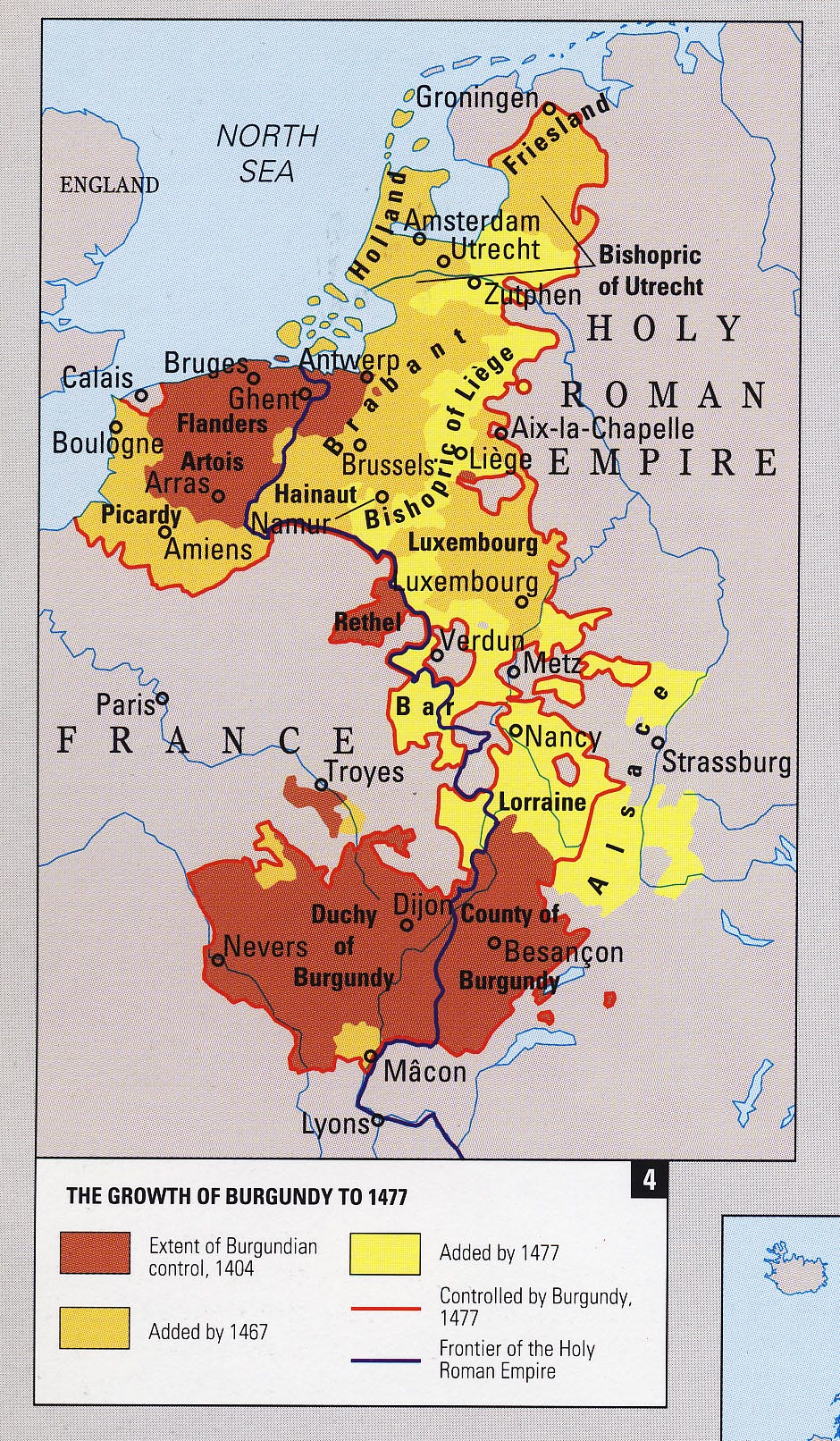
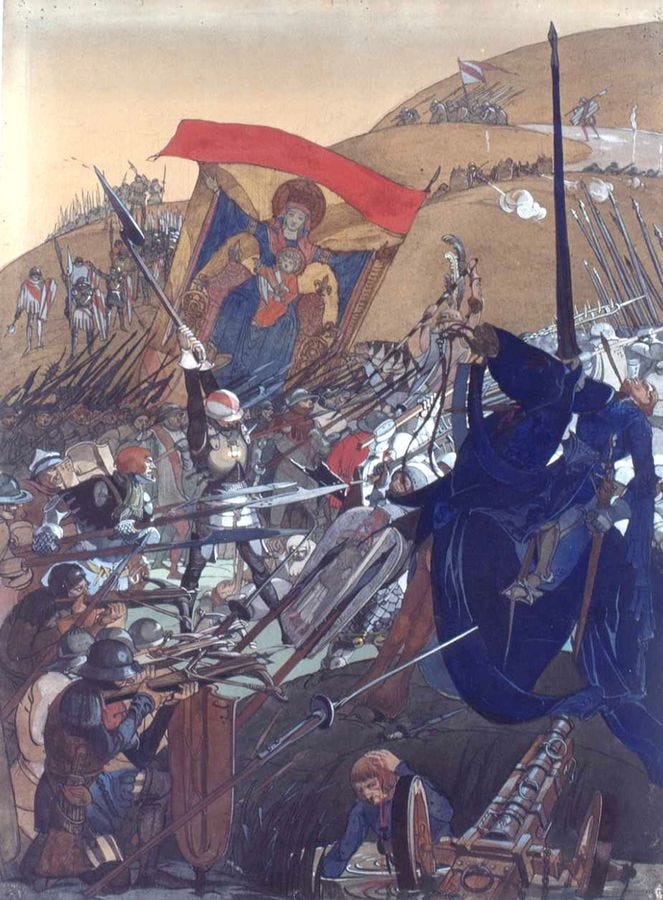
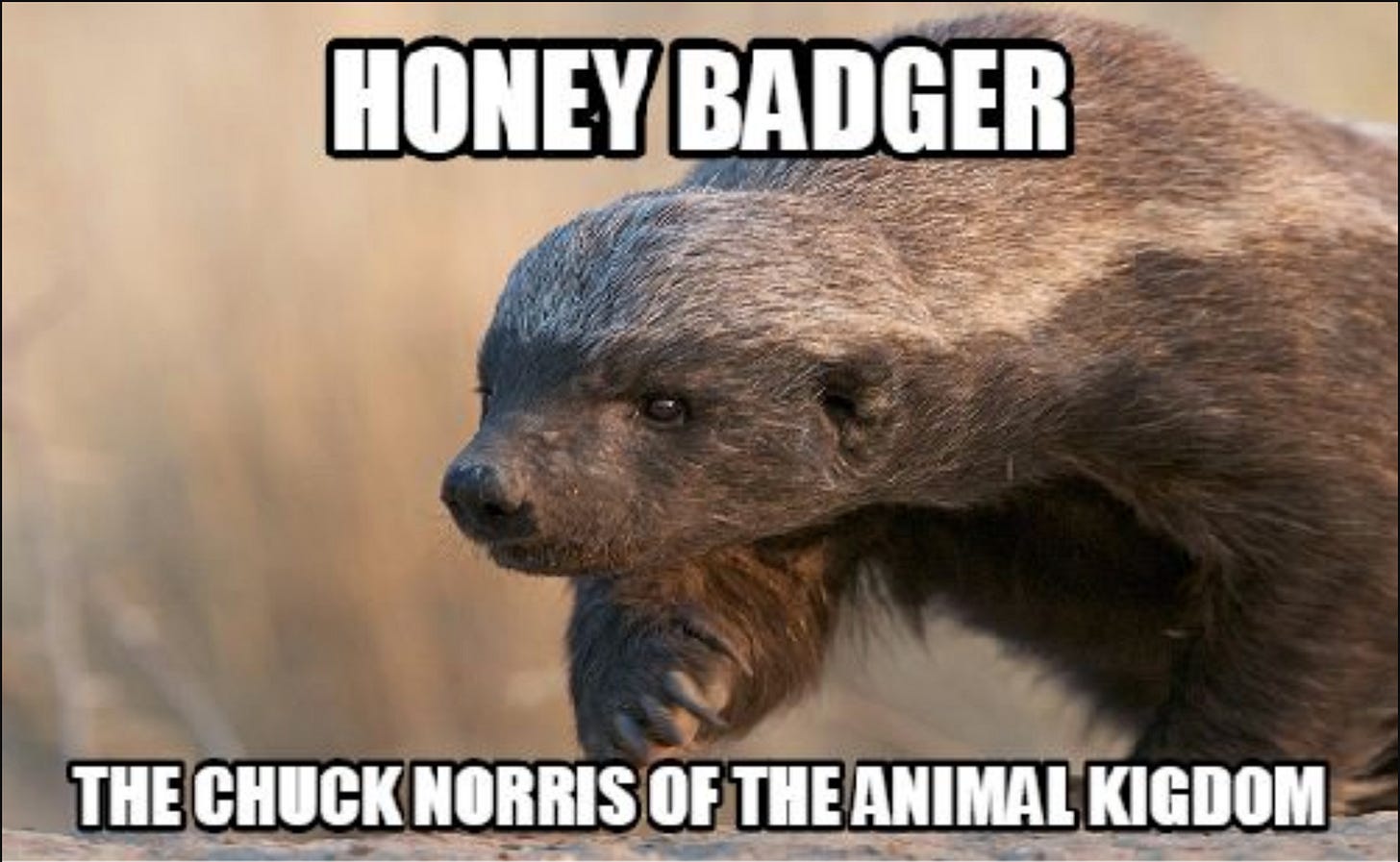
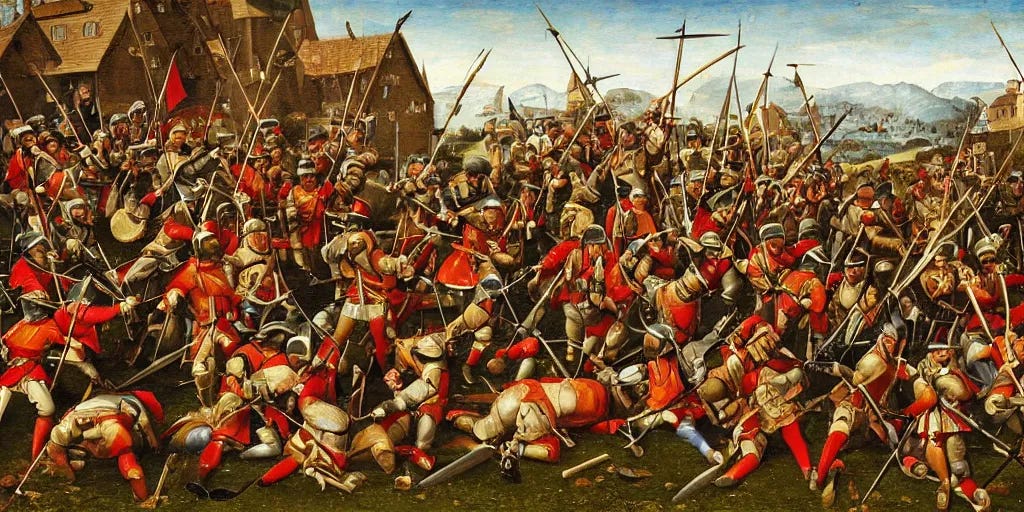

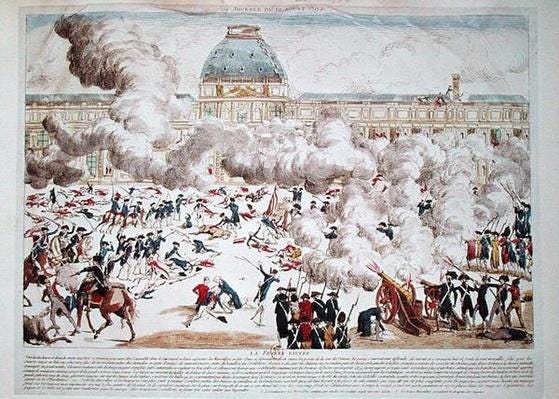
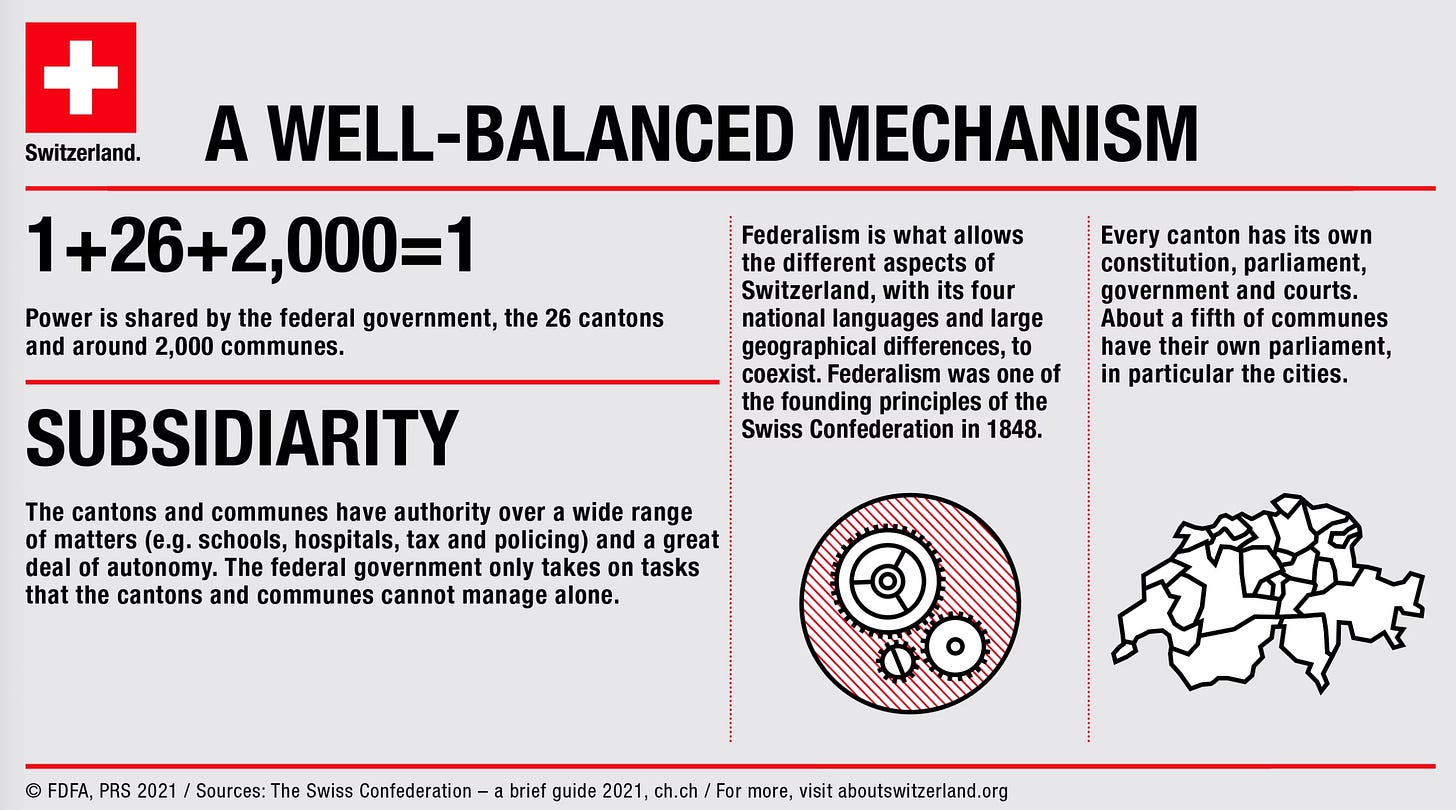


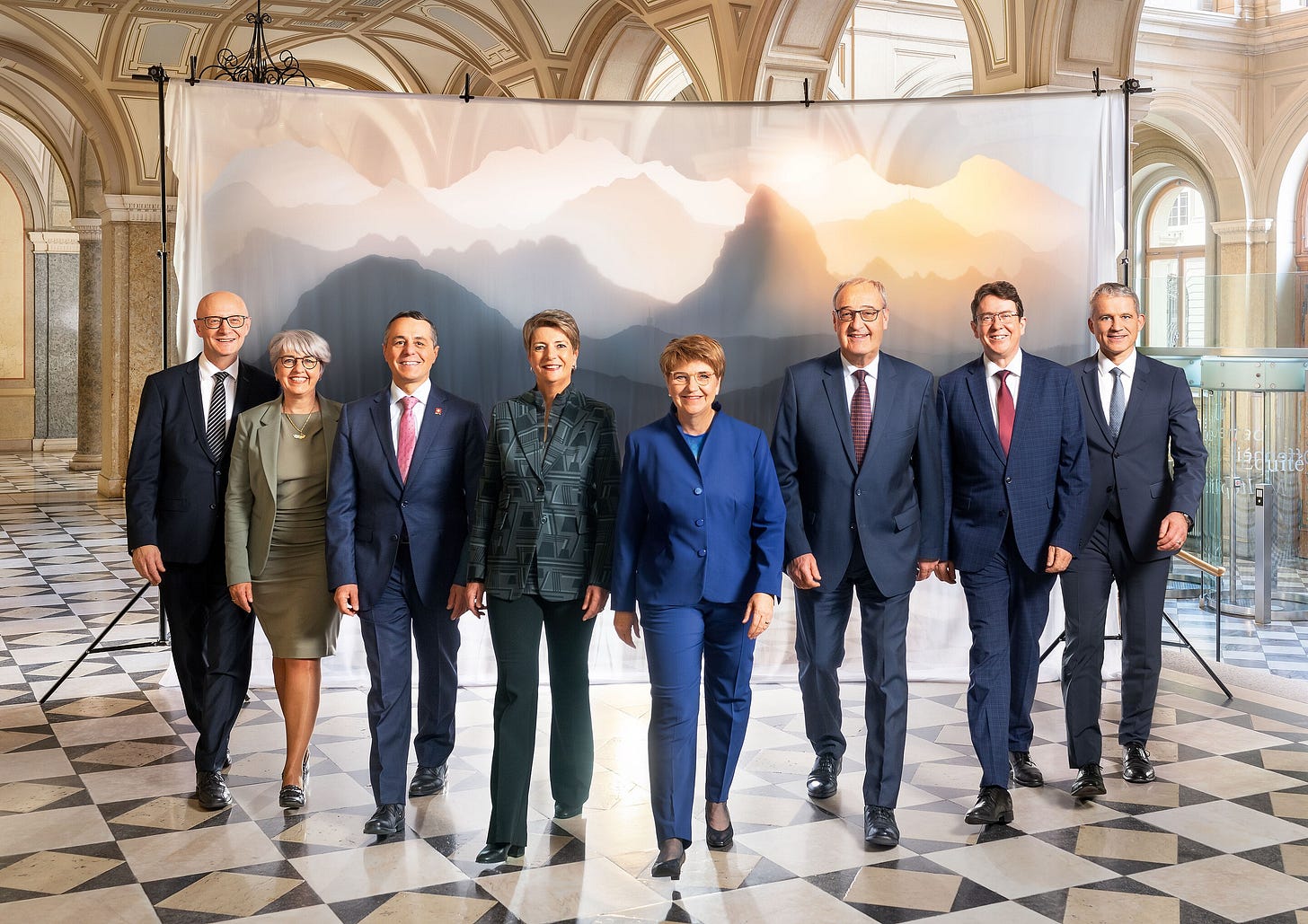

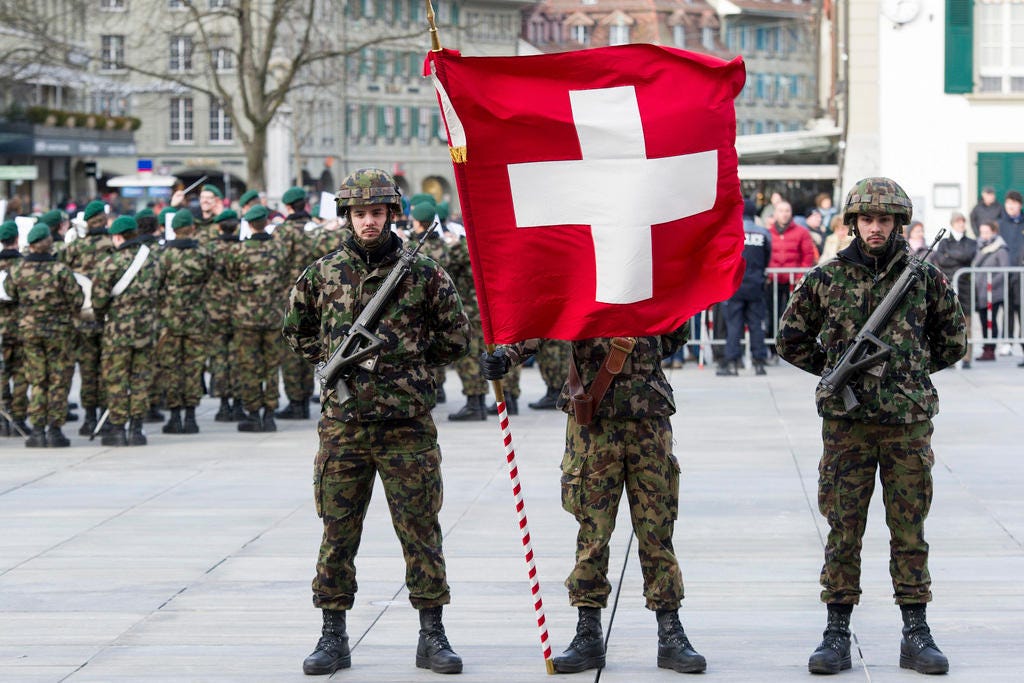
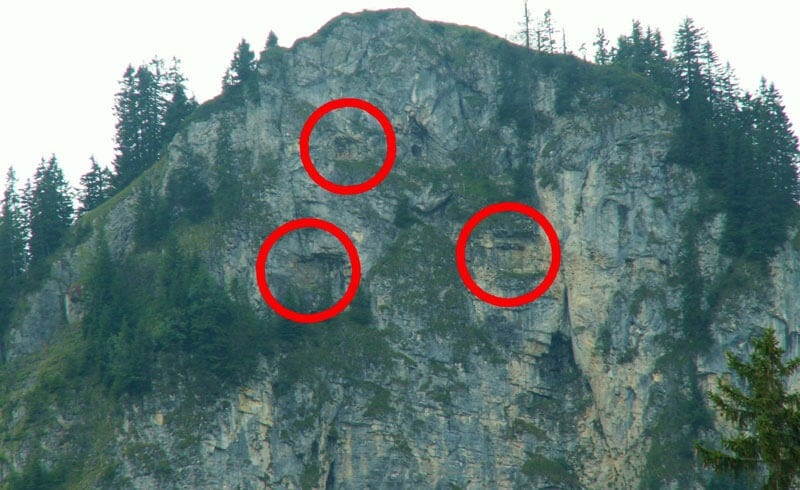
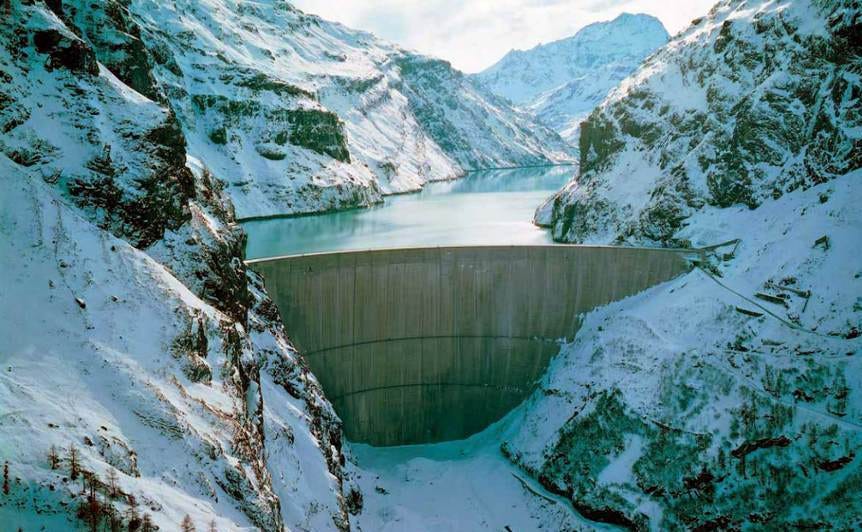


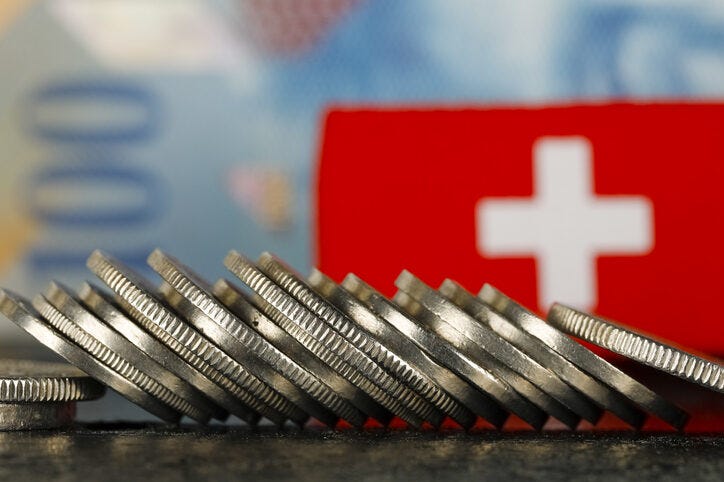



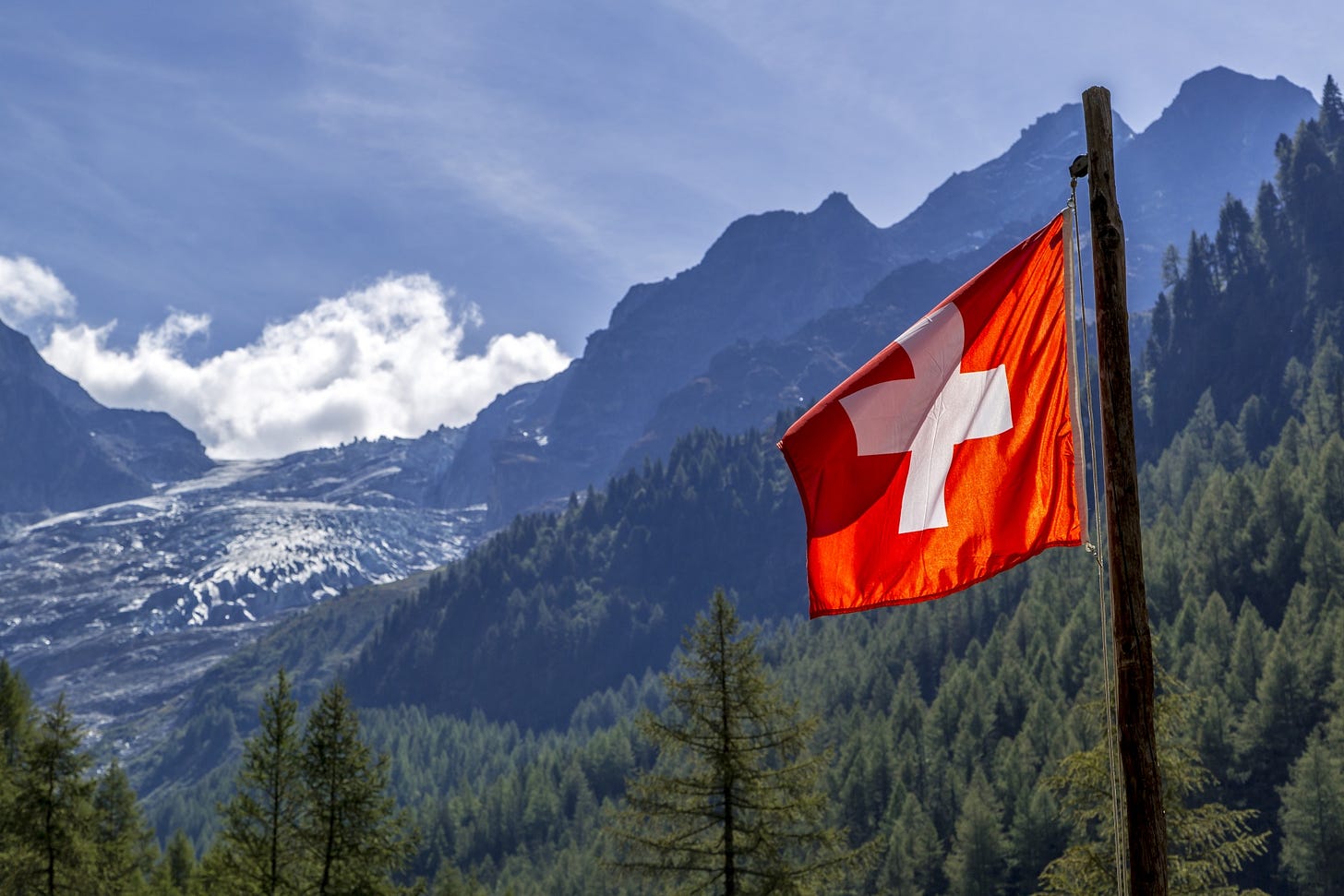
I am an American who has lived in Switzerland for the past five years, and I agree that it is paradise here. A couple of Swiss advantages to add to this excellent post:
Switzerland preserves Sunday as a rest day and time for families. Almost no businesses are open, and the culture very strongly encourages spending time together in the outdoors. Every Sunday I see several generations hiking together, swimming in the river, or picnicking together. It’s much better for our health and happiness than racing around running errands or putting in extra hours at work!
Switzerland also enjoys a law-abiding culture. They can be surprisingly libertarian (for example, drugs and sex work are decriminalized), but everyone obeys the laws they do have. One reason Switzerland is so successful with its high rates of immigration is that there is almost no illegal immigration here. Everyone cooperates in following the law. Employers won’t hire you and banks, landlords, car dealerships, etc. won’t do business with you unless you show a residency permit (heck, I even had to show my Ausweis to get a cell phone contract). Another example of how Switzerland imposes few laws, but then those laws are obeyed by the majority (instead of imposing many laws that everyone ignores because they find them too burdensome) happened during the pandemic. Except for the first six weeks of partial lockdown, Switzerland was similar to Sweden in having minimal restrictions, which everyone followed because they seemed fair and reasonable. The result was one of the lowest per capita death rates in the world, plus a population that was happier and psychologically and economically healthier.
As for housing, I think most people rent for two reasons. First, the apartments available for rent are very nice—much nicer than is typical in the US in my experience—and it is assumed that tenants will be permanent. It is very difficult to evict tenants here. The result is a virtuous cycle, where tenants have a reason to invest in the community and keep the apartments nice.
The second reason is financial. Rents are high but lower than what Americans would pay for a comparable apartment in US cities. But buying a house is insanely expensive. Some friends recently bought a house that is about 1800 square feet on a nice lot. The house is in a safe but not especially fashionable area. The cost of the house was about 1.1 million in US dollars, and they have spent several hundred thousand additional dollars on renovations. And this is considered a good price! In addition, Switzerland taxes property based on the expected rental value, which strongly incentivizes property owners to convert to rental properties.
I really enjoyed this excellent article. Like you, I am amazed that Switzerland is such a well-kept secret, because it is a truly wonderful place.
I lived there two years, and I still wonder how do they keep the secret. An obvious observation: the Austrian school of economics had a very close inspiration for their libertarian speculations…